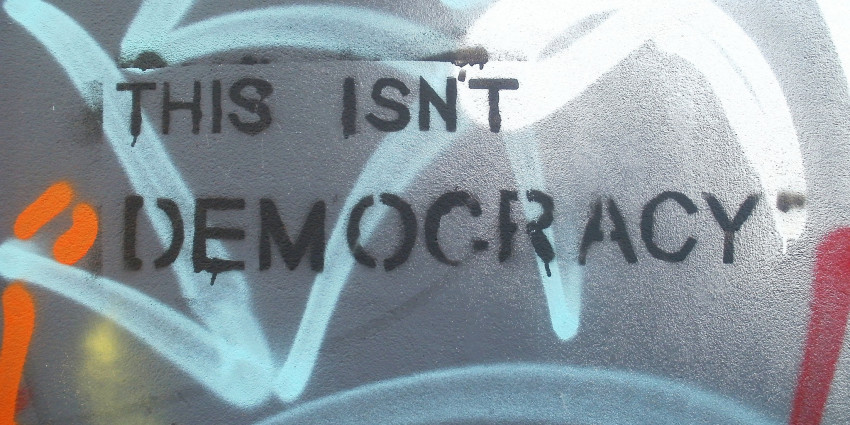
Orientations of adolescents towards democracy are part of an intense societal and academic debate. Are young people positively oriented towards democracy and do they develop more nuanced and complex views on democratic issues when they age? Hessel Nieuwelink, Geert ten Dam, Femke Geijsel and Paul Dekker investigate…
(more…)


Just like psychologists use “intelligence” to explain the performance of individuals, many political scientists use “consensus orientation” to explain the performance of democracies. But is there such a thing as consensus orientation and can it be the cause of anything?
Read more
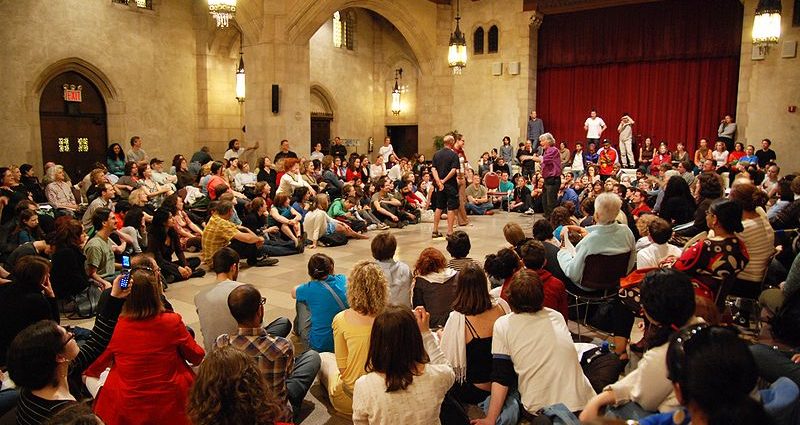
In their blog, Holly Eva Ryan and Matthew Flinders discuss their co-authored Politics article, which aims to reorient recent contributions in democratic theory.
Read more
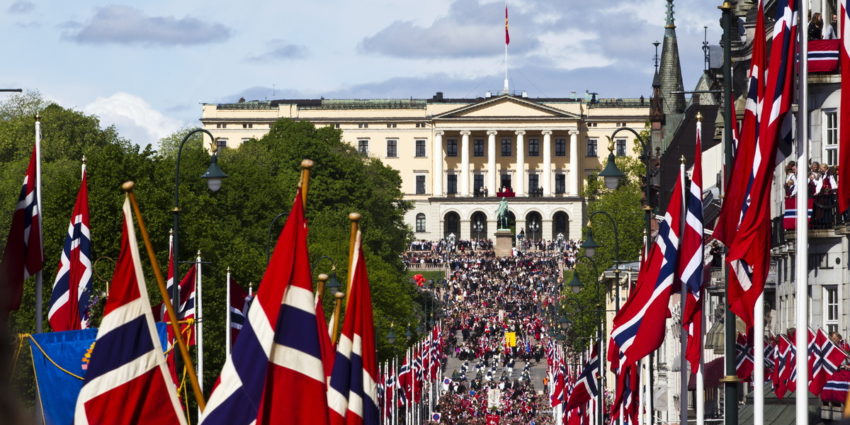
In many countries, schools have been given the role of safeguarding this functional dimension of education. Is there a relation between political education efforts and students willingness to vote?
Read more
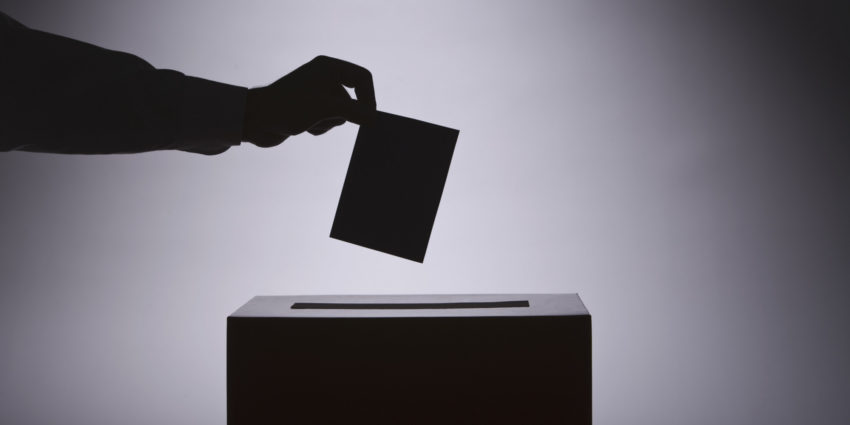
Turnout rates are in decline across advanced democracies. We also know lower educated citizens turn out less. Does this imply educational inequalities in who turns out to vote and who does not are increasing?
Read more
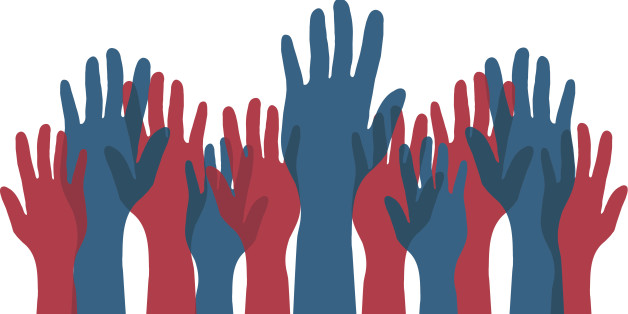
In light of the proliferation of dominant party systems in the former Soviet Union and other developing countries, Dr. Aris Trantidis raises the question where we draw the conceptual boundaries of a democratic system and critically evaluates the procedural and pluralist approaches to democracy.
Read more

Lauri Rapeli's recent
Politics article investigates popular appetite for expert democracy using data from Finland
Read more







